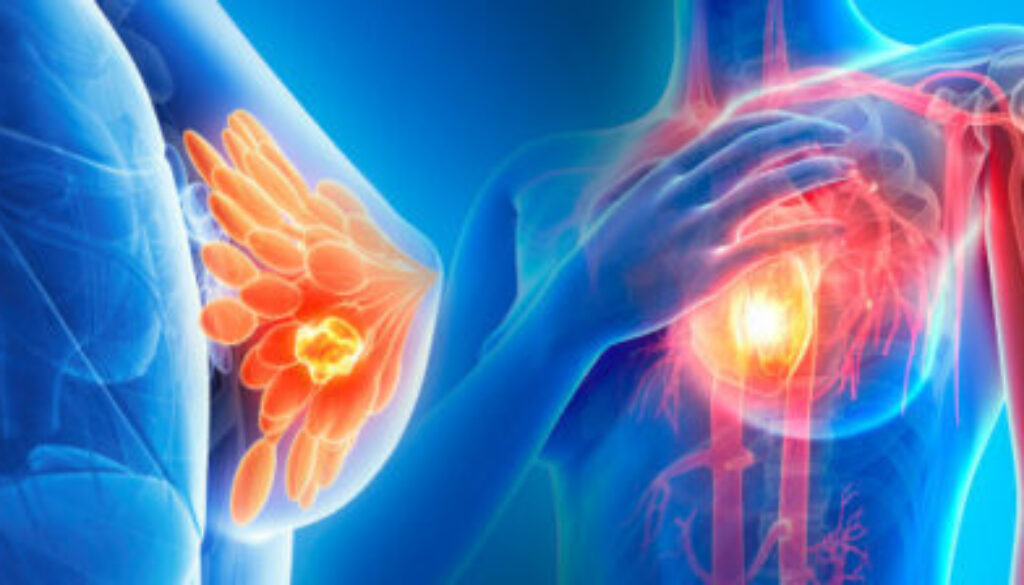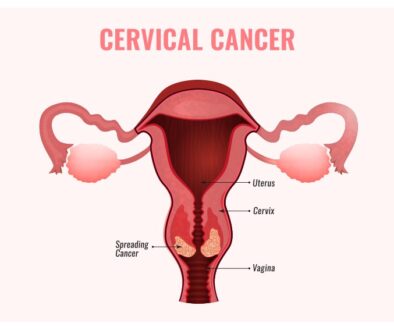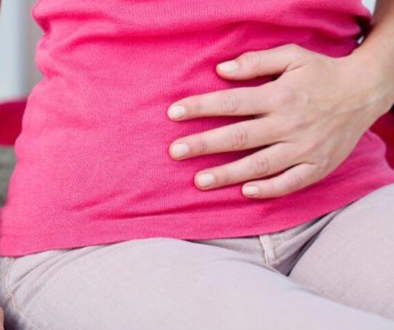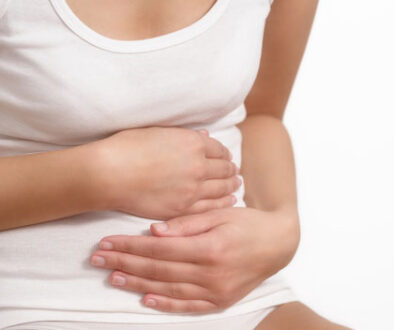Debunking The Top Myths About Breast Cancer
Myths and facts about breast cancer: Breast cancer awareness is now increasing among masses, but myths are also increasing
DEBUNKING THE TOP MYTHS ABOUT BREAST CANCER
Myths and facts about breast cancer: Breast cancer awareness is now increasing among masses, but myths are also increasing. Therefore, the need of the hour is to know the facts and debunk the myths. The following information debunks the myths and highlights the facts about breast cancer. Read the following information thoroughly as knowing the facts about breast cancer is absolutely necessary for you to fight breast cancer diligently.
Myth No.1: Only Older Women Are at Risk of Breast Cancer
Fact: The incidences of breast cancer are usually common in older women as increasing age is a risk factor for breast cancer. However, it doesn’t mean that the risk for younger women is less or they are not susceptible. According to the latest statistics, the incidences of breast cancer are on the rise in younger women. In a nutshell, breast cancer can be diagnosed at a younger age as well.
Myth No.2: A lump in the Breast Means Breast Cancer
Fact: A lump in your breast doesn’t always mean breast cancer as a small percentage of breast lumps turn out to be cancer. However, a persistent lump, pain, changes in the appearance of the breast, swollen lymph nodes in the armpits should never be ignored. If you notice these symptoms, you must get your breast clinical exam done by a lady oncologist as she may order further tests to detect whether the lump is a cause for concern.
Myth No.3: Cancer Screening Causes Breast Cancer
Fact: Breast mammogram is the gold standard for early detection of breast cancer. It does not cause any harm as the radiation exposure is very low as mammograms require very small doses of radiation.
Myth No.4: Mutations in BRCA1 or BRCA2 genes means Breast Cancer is around the corner
Fact: Though BRCA1 and BRCA2 gene mutations are strongly associated with the increased risk of both breast and ovarian cancer, it doesn’t mean that all the members of a family carrying such mutation will develop breast cancer. And also, every cancer in such a family cannot be linked to a harmful mutation in BRCA1 and BRCA2 genes. However, genetic inheritance pertaining to mutated BRCA1 and BRCA2 genes is strongly associated with increased risk of breast cancer. It is in fact five times more in a woman who carries such genes. Genetic testing of the BRCA gene will help you understand your inherited risk and allow you to make choices about your future care. If a woman discovers harmful mutations, then she can opt for several proactive prophylactic measures to reduce the risk of developing breast cancer. Such measures may include hormonal therapies and prophylactic surgeries.
Myth No. 5: The Risk of Breast Cancer Increases Due to Abortion and miscarriages
Fact: This is not true that abortions and miscarriages can increase the risk of developing breast cancer as there is no substantial research to support this notion. In a nutshell, the early end of your pregnancy through abortion or miscarriage does not increase your breast cancer risk.
Myth No. 6: Family History is the Prominent Risk factor to get breast cancer
Fact: Many women believe that the majority of women who develop breast cancer have a strong family history of breast cancer. However, this is not the case; on the contrary, it is only about 10 to 15% of women who develop breast cancer have a positive family history. Which means breast cancer can be detected in women without any strong family history.
Myth No. 7: Deodorants and antiperspirants cause Breast Cancer
Fact: Antiperspirants and Deodorants do not cause breast cancer as there is no substantial evidence through research or studies that suggest any link between the use of deodorant or antiperspirants and increasing incidences of breast cancer.
Parabens are chemical preservatives used in some antiperspirants. They may increase estrogen levels, which is linked to breast cancer risk. But there is no decisive link.
Myth No. 8: Cosmetic surgery causes breast cancer
Fact: There is no link between breast plastic surgery and increased breast cancer risk. Women who have had breast reduction surgery may actually have reduced breast cancer risk.
You can fight against breast cancer if you know the causes, risk factors, symptoms and lifestyle-related issues. Better understanding, self-awareness and timely medical intervention are the best possible ways in which you can stop breast cancer growth in the early stages.




